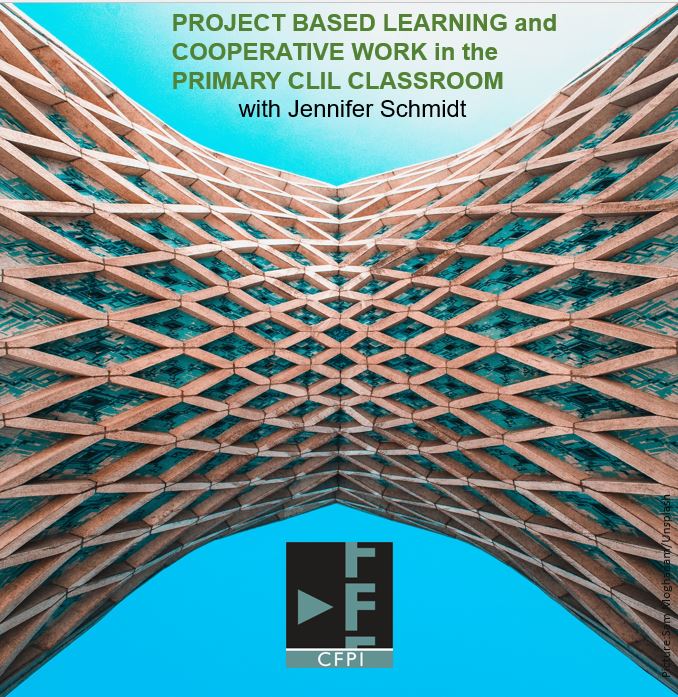The work of our students will focus on fighting to the extent of their possibilities to achieve: The end of poverty Responsible production and consumption.
The course will be 6th Primary and the topic is going to be “Sustainable Development Objectives, agenda 2030”. Subjects that will be involved in our project are Mathematics, Arts and Crafts, Technology and informatics, English language and Social Science. It will going to last the entire school year. The teacher will design a video in which he proposes the activity, giving them different ideas to carry it out: End of poverty, Affordable and non-polluting energy, Quality education, Reduction of inequalities, Responsible production and consumption. Along with the topics, it presents possible proposals to be carried out. A video forum and a vote are held where the students will decide to focus on the union of two aspects that they believe are compatible and in those that they believe can help within their real possibilities.
The ORGANIZATION BY GROUPS will be proposed by the students, taking into account that all of them have to be integrated into them, working side by side to achieve an optimal result. They will contact the colleagues of the other school of the village of the same level and will carry out joint work. The groups will vary depending on the needs that the teacher can detect in them, with suggestions that can improve them: they will work in a large group, small groups of 3-4 and individually, depending on the progress of the project at all times. This project is long-term and will be carried out through two monthly sessions throughout the course, being able to reinforce them if necessary in moments of greater importance such as beginning of the course, Christmas, or workshops to encourage reading.
We have detected many problems due to lack of work in the locality. We studied the data provided by the SEPE and the City Council, and analyse the information, carrying out a statistical study. Our conclusion is that many children are at risk of social exclusion. That is why we will focus on the end of poverty and also in a responsible production and consumption.
Our main objective is the active use of the second language in a communicative context. Posters, drawings, verbal communications between students will be made in English. Competency-based Teaching is promoted to awaken and maintain motivation and learning in children.
In the ENGLISH CLASS, the strategies to be followed at all times will be decided, the different works to be carried out, the group distribution and the contact with the different entities with which they will collaborate in this project will be organized. All students are integrated into the work to be done, adjusting their participation to their possibilities: design, colour, writing, distribution within the locality, contact with the authorities, EVERYONE participates.
The children of the local schools have decided that they will organize several actions: - Collection, selection, repair and distribution of toys for Christmas. It will be held with the help of the local football team, which will organize a solidarity match in which they will play against the teachers of the two schools in the village.
- Clothing market in good condition. In the main square of the town, children's clothes will be collected, which will be washed, repaired and put on sale. The price will be symbolic (€ 1 per garment) so that all families can cover the needs of their members. The money raised will be donated to the Red Cross, to help people most in need cover food and hygiene.
- Collection and distribution of books. From the City Library, we launch with the help of the staff and students of the two schools a donation and collection of children's and young reading books in good condition. There is also an exchange program to promote reading and several workshops to encourage reading during the course, in which our students will be the ones who develop all the distribution work.
- In order to expand our range of action, we will contact schools in other countries, of Anglo-Saxon language or that contemplate English as a second language and we will propose to carry out the same actions in their localities. Contacts will be maintained via Skype, to promote constructive dialogues and the active participation of all possible educational communities.
Yolanda Frías


Comentarios
Publicar un comentario